
Dr. Daniel Pauly is the world’s most-cited fisheries scientist, but life for the UBC professor has been far from easy. Now, readers can learn more in his biography, The Ocean’s Whistleblower.
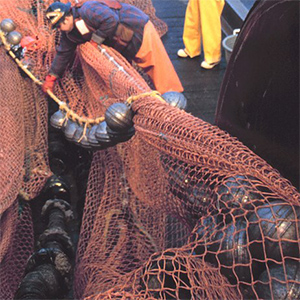
Tags: Blue economy, finance, fisheries economics, fisheries management, IOF alumni, IOF students, marine catches, ocean economy, Villy Christensen
Despite harvesting an estimated global value of US$17.7 billion worth of fish, many catch share fisheries may be paying little or no royalties on their harvests, with countries likely foregoing this potential source of revenue.
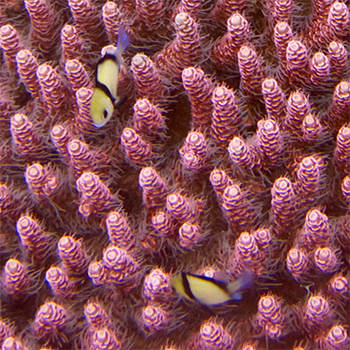
Tags: Andrés Cisneros-Montemayor, biodiversity, coral, Deng Palomares, food webs, Gabriel Reygondeau, IBPES, Indigenous fisheries, IOF alumni, IOF Research Associates, IPCC, Nereus Program, Vicky Lam, William Cheung, Yoshitaka Ota
Global coverage of living corals had declined by about half since the 1950s and consequently, the diversity of species had also declined, by more than 60%.
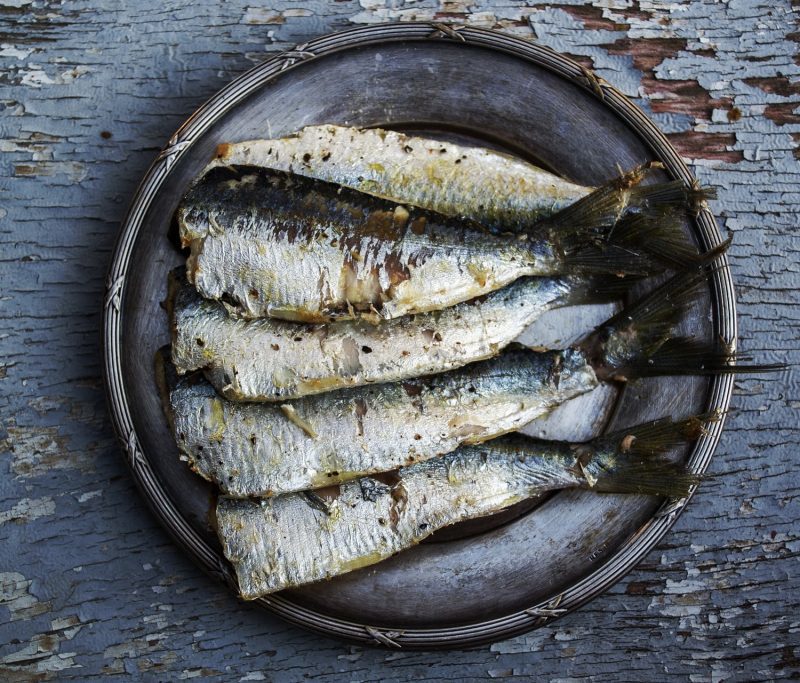
Tags: Blue Food Assessment, climate change, faculty, FERU, food security, food webs, OceanCanada, Rashid Sumaila, Research
Improvements to aquaculture production, lower prices, and changing cultural preferences expected to drive up demand for fish, seafood and seaweed, according to new research.
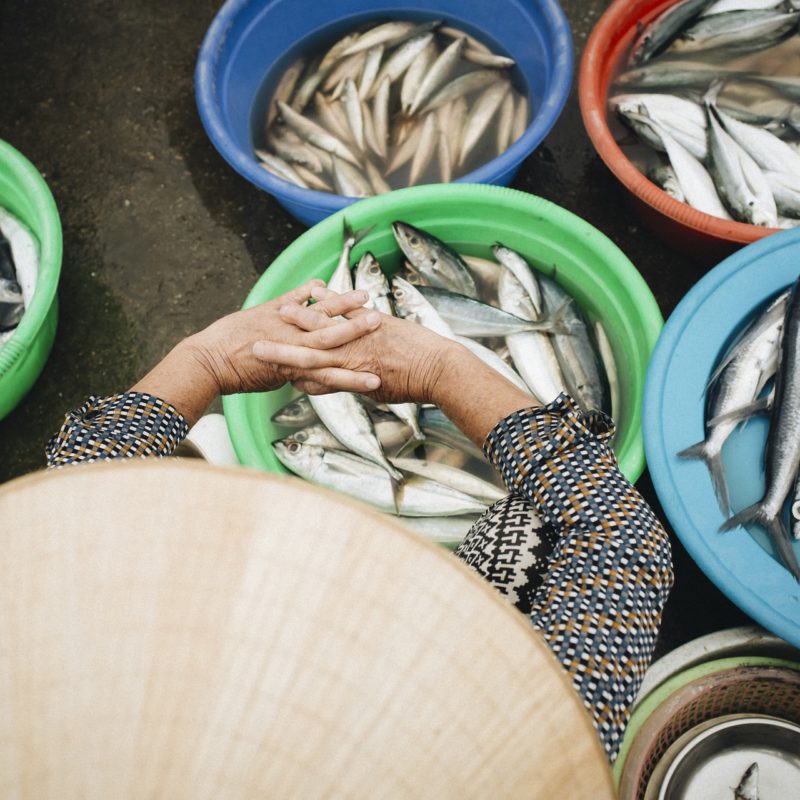
Climate change creates ‘double jeopardy’ for fish-dependent countries, finds first study of its kind
Tags: Blue Food Assessment, climate change, CORU, faculty, food security, food webs, Research, William Cheung
A new study highlights the importance of collective action to boost resilience across all aquatic food systems to stave off the worst effects of climate change.
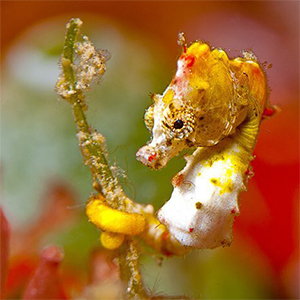
Tags: Amanda Vincent, conservation, extinction, faculty, FCRR, international trade, IOF Research Associates, IUCN, Project Seahorse, Publications, Sarah Foster, seahorses
This research, conducted by Project Seahorse, provides in-depth assessments on the gaps in global extinction risk assessments with particular focus on Syngnathid fishes (seahorses, pipefishes, pipehorses, and seadragons).
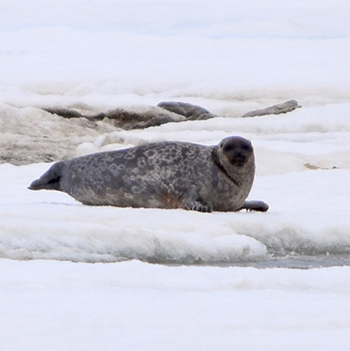
Unchecked climate change may leave some Arctic predators, such as seals and whales, surviving off of marine “junk food".

Tags: Arctic, awards, climate change, freshwater, IOF postdoctoral fellows, marine ecosystems, Pelagic Ecosystems Lab, pollution, Research
The fellowship, for postdoctoral fellows, is to develop recipients’ leadership potential and is granted based on the applicant’s research excellence, the quality of their proposed research, and the match between the applicant and the strategic priorities of their academic institute.
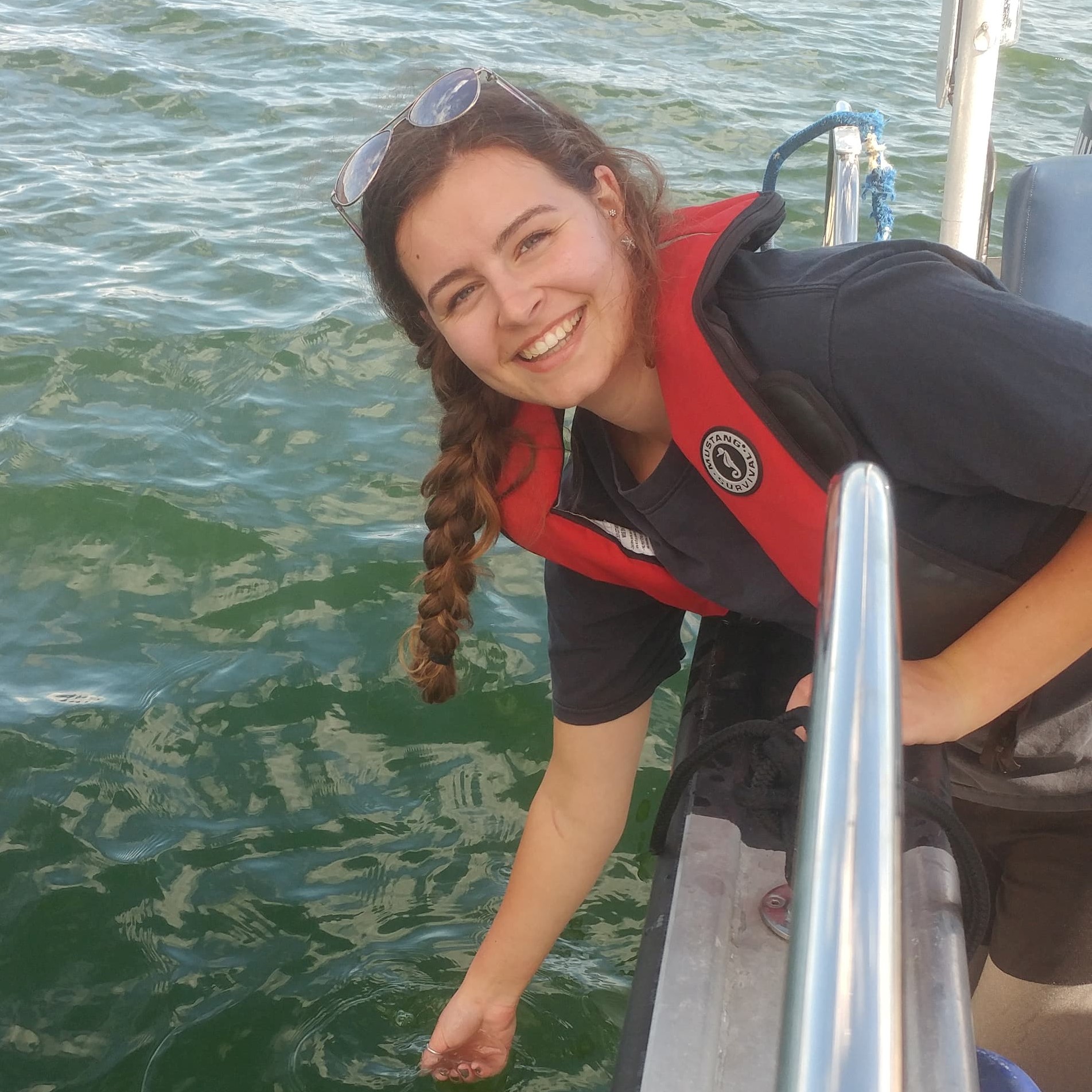
Tags: awards, IOF students
This prestigious award is given to students based on their academic work and leadership skills.
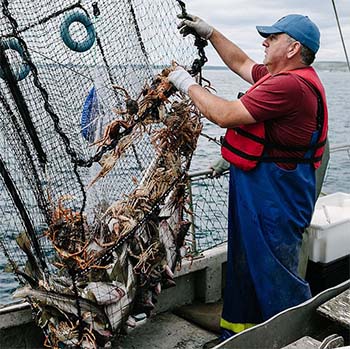
Tags: Atlantic, cod, Daniel Pauly, faculty, fish stocks, fisheries management, Research, Sea Around Us
The assessment model demonstrated that if Canadian authorities had allowed for the rebuilding of the stock of northern Atlantic cod off Newfoundland and Labrador in the 1980s, annual catches of about 200,000 tonnes could have been sustained.